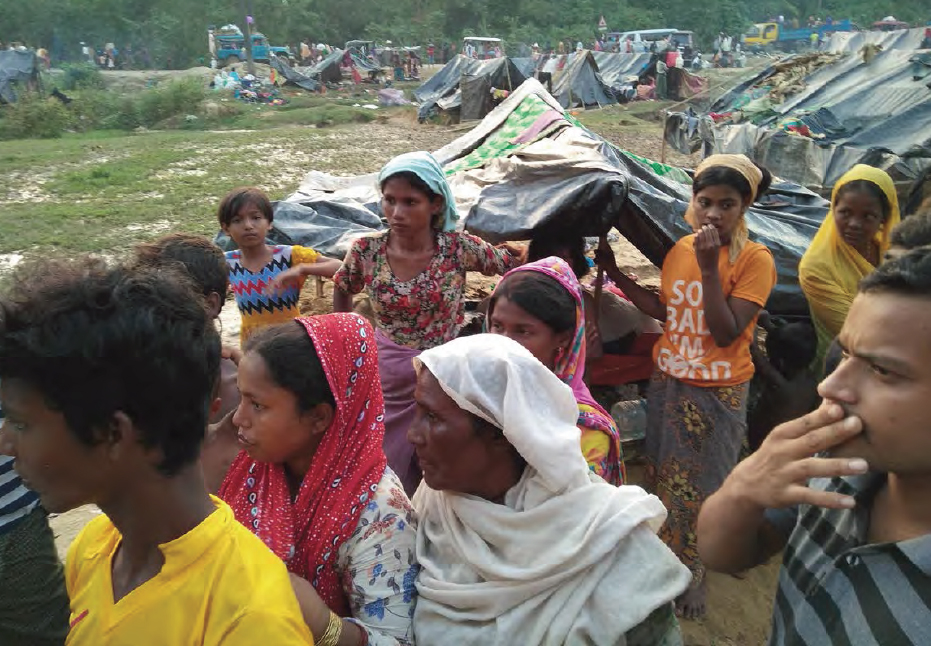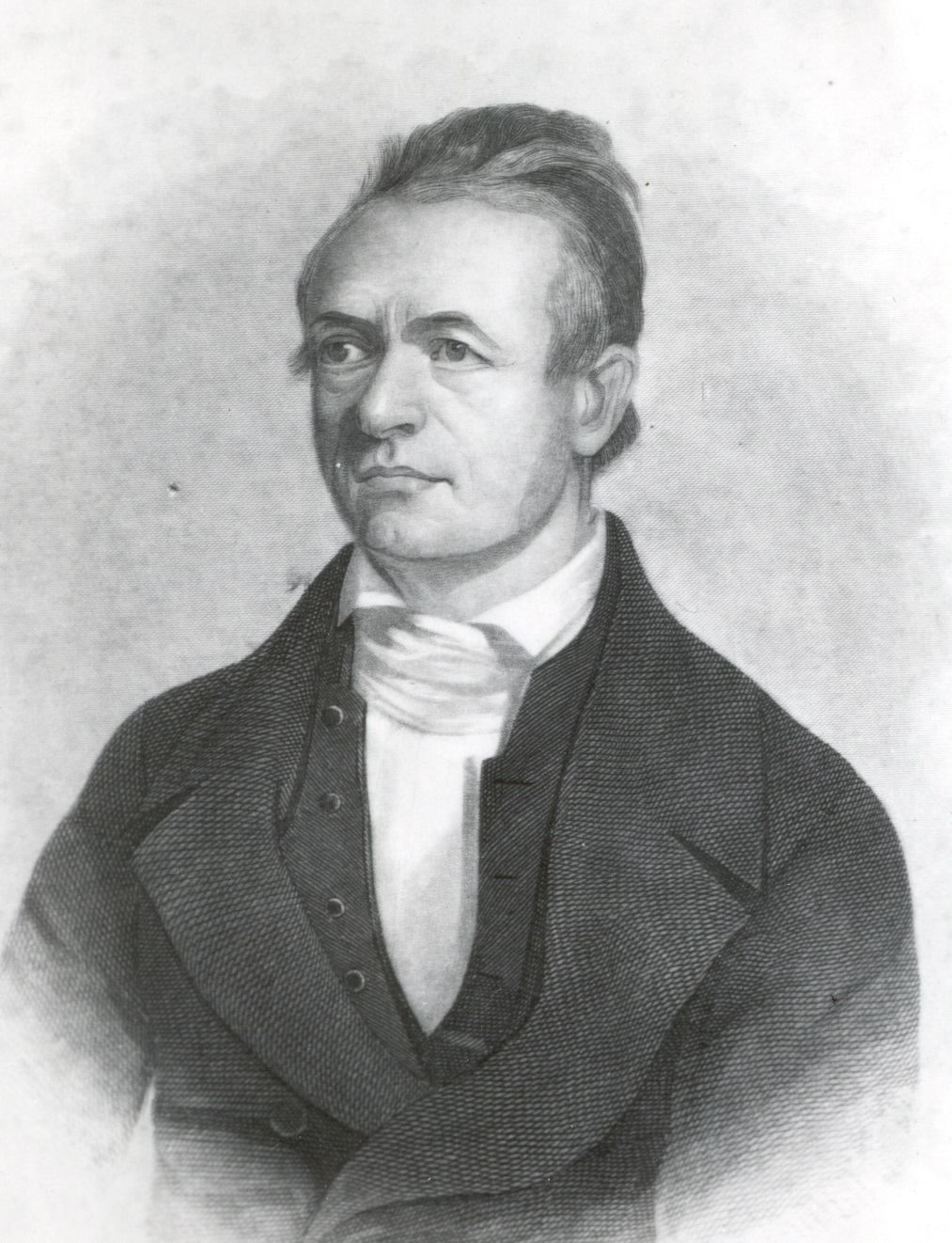
YANGON, Myanmar (BP) — Residents of Myanmar — early beneficiaries of the Baptist missions movement two centuries ago — once again are the focus of work by Baptists. This time, Baptists are providing aid in response to a humanitarian crisis among the Rohingya, a large Muslim people group in southwest Myanmar.
 Baptist historian Jason Duesing said the Rohingya crisis illustrates that the legacy of Adoniram Judson, the first missionary funded by the Triennial Convention in 1814, largely has been eradicated in contemporary Myanmar.
Baptist historian Jason Duesing said the Rohingya crisis illustrates that the legacy of Adoniram Judson, the first missionary funded by the Triennial Convention in 1814, largely has been eradicated in contemporary Myanmar.
Over the past two months, more than 600,000 Rohingya have been displaced from Myanmar’s Rakhine State by so-called security operations of the nation’s Buddhist government. The security operations were initiated in response to Rohingya militant attacks on government outposts and have involved burning numerous villages to the ground among other acts of violence, according to media reports.
Most Rohingya refugees are in camps in neighboring Bangladesh and claim there is a “consistent, methodical pattern” of killings, torture, rape and arson being perpetrated against Rohingya in Myanmar, Reuters reported Nov. 1.
The United Nations Office for Coordination of Humanitarian Affairs has called the Rohingya crisis “the largest mass refugee movement in the region in decades.”
In light of the crisis, the humanitarian aid organization Baptist Global Response (BGR), in conjunction with local partners, has launched relief projects for thousands of Rohingya in Southeast Asia.
 With BGR’s assistance, one partner organization provided food, cooking oil, water, shelter and medicine to 4,000 refugees fleeing the conflict, BGR told Baptist Press.
With BGR’s assistance, one partner organization provided food, cooking oil, water, shelter and medicine to 4,000 refugees fleeing the conflict, BGR told Baptist Press.
Another project is providing targeted aid to some 5,000 Rohingya “living in extreme conditions,” BGR reported. The project’s focus “will be on hygiene education and emergency supplies to avoid sickness and spread of disease in overcrowded areas where infrastructure does not yet exist to absorb the dramatic increase of the refugee population.”
BGR CEO Jeff Palmer called the Rohingya crisis “a very sad situation.”
Based largely on religious differences, Palmer told BP, “the Myanmar government does not recognize the Rohingya as a people group of Myanmar and therefore they have no legal status there. They are almost considered by the government as squatters or illegal aliens. This is one reason why there has been such a large effort to force them out of Myanmar.”
For many Baptists, mention of Myanmar (also known as Burma) calls to mind Judson’s pioneering mission work with the Triennial Convention — a precursor organization of the Southern Baptist Convention that was officially named the General Missionary Convention of the Baptist Denomination in the United States of America for Foreign Missions.
Enduring the death of two wives and at least five children, Judson labored nearly four decades in Burma, producing a Burmese Bible translation, planting 100 churches and seeing 8,000 previously unreached people profess faith in Christ.
Duesing, provost at Midwestern Baptist Theological Seminary and editor of “Adoniram Judson: A Bicentennial Appreciation of the Pioneer American Missionary,” said Myanmar’s current government has sought to eradicate Judson’s legacy as well as his Christian influence on the culture.
“Judson’s legacy in Myanmar has ebbed and flowed in the 205 years since he first arrived there,” Duesing said in written comments. “In 1913, the Burmese people dedicated an enormous monument in his honor to recognize the sacrifices and physical sufferings he endured to bring them the Gospel. In the 1980s, the government successfully eradicated all monuments and recordings of his legacy to the end that many there today know not Judson.
“Yet, Judson’s greatest gift to the Burmese remains — the Bible in their language. Completed by Judson finally in 1840 the Judson translation persists as a reliable translation through which many Burmese are able to read and learn that God sent His Son so that any Burmese who believes in Him should not perish but have eternal life,” Duesing said.
Today, just 9 percent of the nation’s population is Christian, with the government-favored Buddhist religion encompassing 80 percent of the population, according to Morning Star News, which reports on Christian persecution worldwide.
Two pastors arrested in Myanmar last December were sentenced to prison Oct. 27 on what Morning Star classified as “false charges of unlawful association, defaming the military and spying.”












